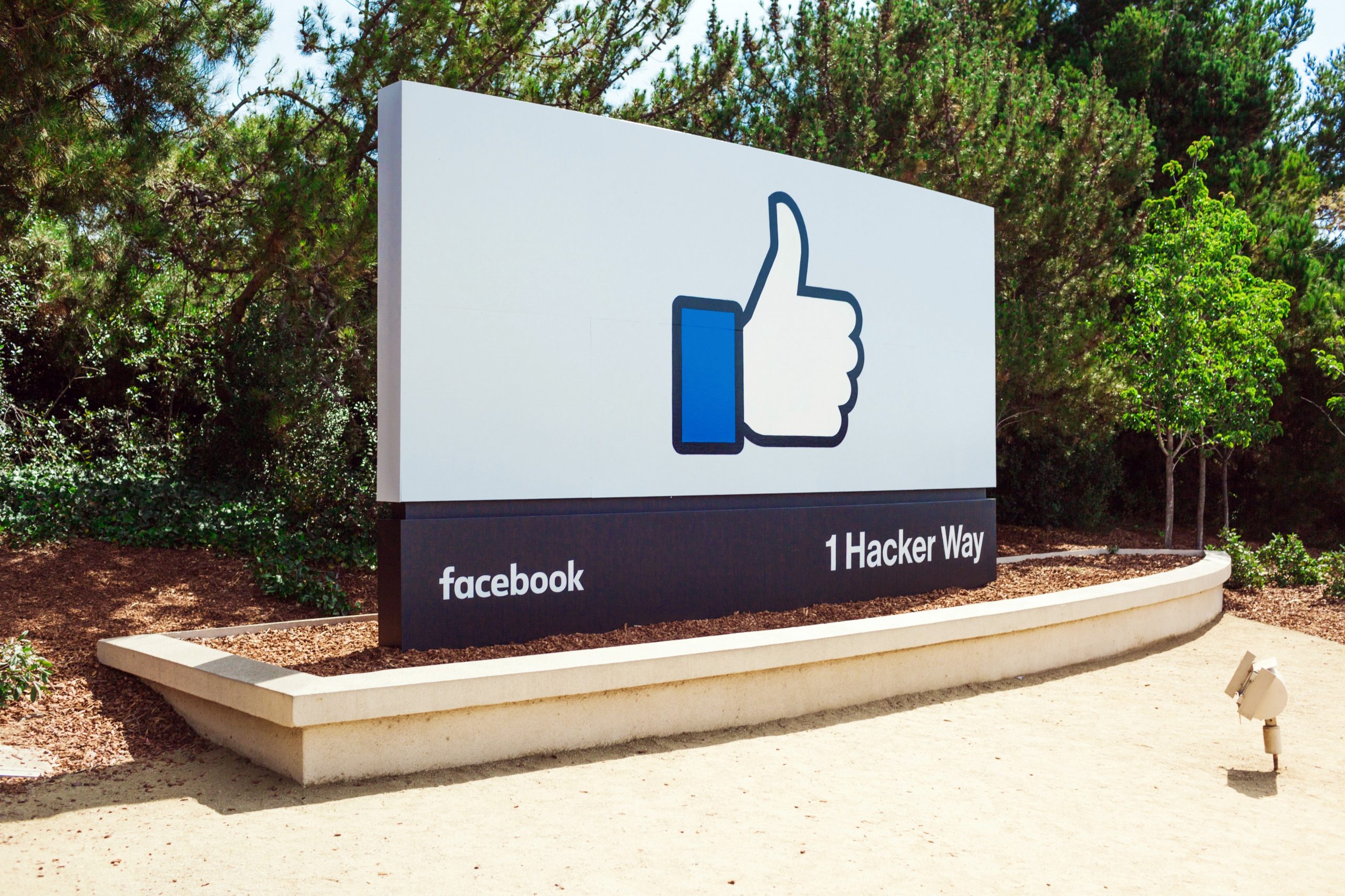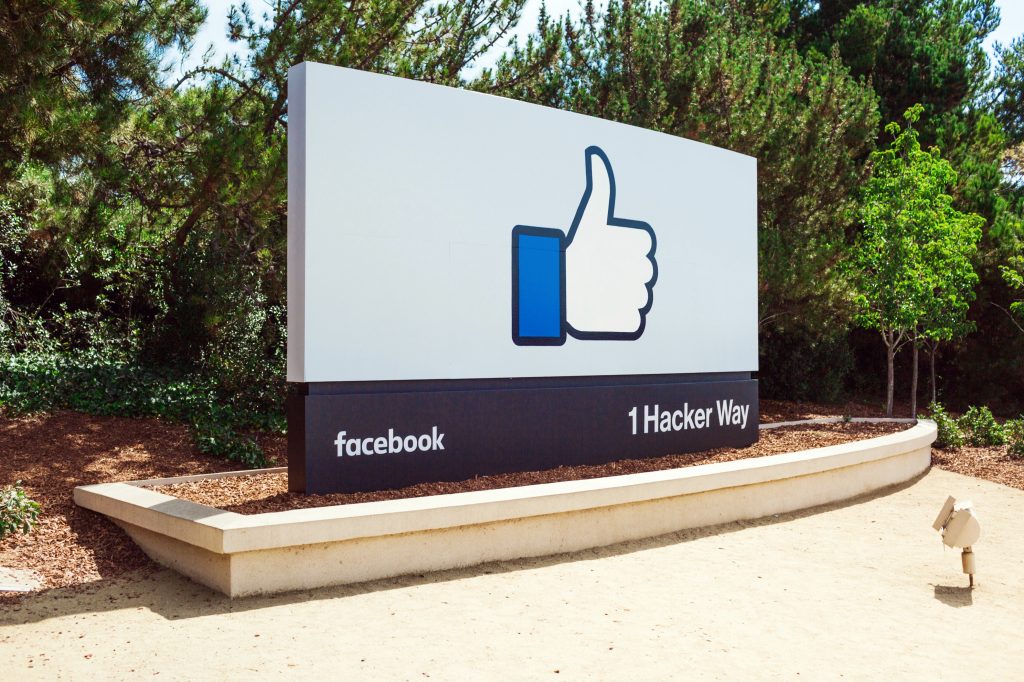On Thursday (18 February) Facebook started preventing Australian news outlets from sharing their posts, while users (both Australian and international) couldn’t view or share any content from the news sites.
However, this didn’t affect news sites alone. Australian government pages were affected too. While the ban only meant to affect Australian news publishers, it also affected many pages run by unions, politicians and community pages.
The Bureau of Meteorology, said on Thursday that it had been blocked and was advising users to access their weather information by going directly to their website, Twitter or the app.
Health minister Greg Hunt said that he was “profoundly shocked” that health organisations, including Bowel Cancer Australia and the Kids Cancer Project had been affected.
“The fact that the kids cancer project could be affected, is, frankly a disgrace. Facebook should fix it and they should address that immediately,” Hunt told reporters.
The shadow health minister, Mark Butler, said it was “completely irresponsible” behaviour by Facebook, and the pages needed to be restored.
“We’re in the middle of a pandemic,” he tweeted. “Australians need to hear from credible voices in the vaccine rollout. This is completely irresponsible from Facebook. The Morrison government needs to fix this today.”
A Facebook spokeswoman said the blocks on non-news organisations had been a mistake.
“The actions we’re taking are focused on restricting publishers and people in Australia from sharing or viewing Australian and international news content,” she said.
“As the law does not provide clear guidance on the definition of news content, we have taken a broad definition in order to respect the law as drafted. However, we will reverse any pages that are inadvertently impacted.”
What has happened?
Facebook would be subject to the proposed code – and be required to pay publishers –if “news content” was posted on its website. It could be hit with penalties if, while it is subject to the code, it allowed news content from some publishers not part of the code while blocking others.
This means Facebook would not be able to just block Australian publishers who are participating in the code but would need to block all news content from Facebook. The social media behemoth is now attempting to show how that would work in practice.
That’s why it’s not just Australian publishers but all international news sites that are blocked in Australia.
But in enforcing the ban, Facebook has said it inadvertently over-blocked pages in trying to meet the definition of news.
“As the law does not provide clear guidance on the definition of news content, we have taken a broad definition in order to respect the law as drafted,” a Facebook spokeswoman said
The ban is in response to a proposed law which would make tech giants pay to have news on their websites. Facebook added that the legislation “fundamentally misunderstands” the relationship between the platform and publishers.
Australian authorities had drawn up the laws to “level the playing field” between the tech giants and struggling publishers over profits. Of every A$100 (£56; $77) spent on digital advertising in Australian media these days, A$81 goes to Google and Facebook.
But Facebook said the law left it “facing a stark choice: attempt to comply with a law that ignores the realities of this relationship, or stop allowing news content on our services in Australia”. “With a heavy heart, we are choosing the latter,” it said in a blog post
Jenny Smith, is a member of the YCL’s Birmingham Branch




